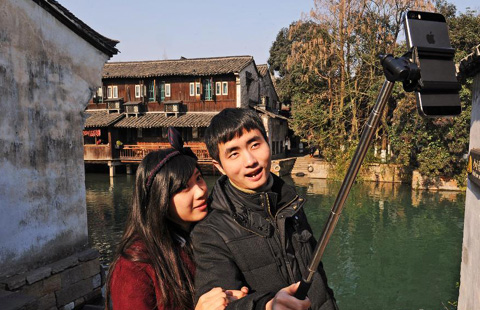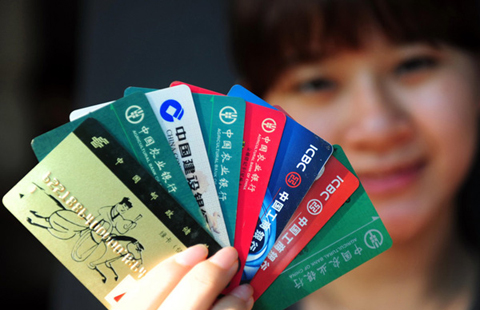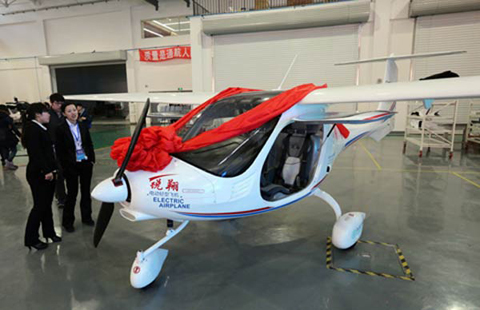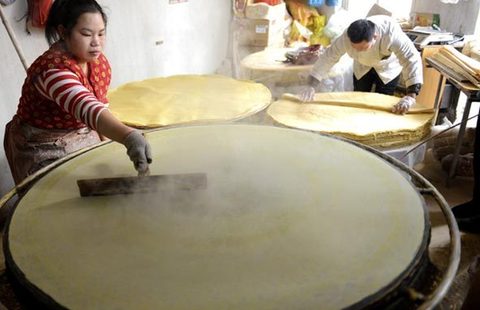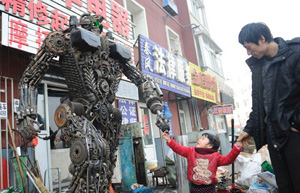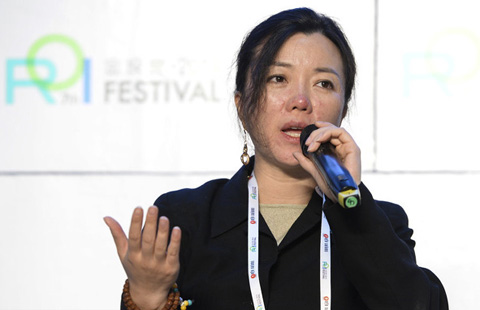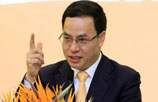Dalian Wanda shows that it is on the ball
By Mike Bastin (China Daily) Updated: 2015-02-09 07:45
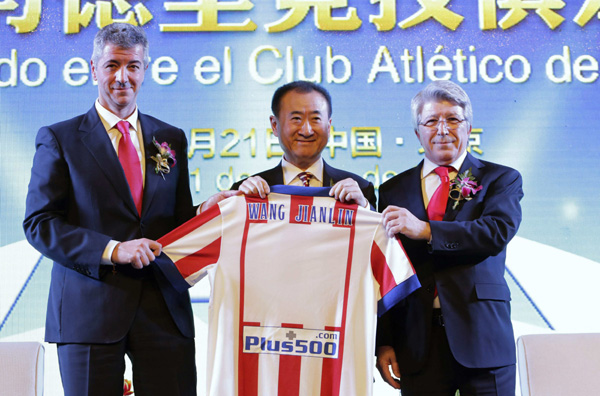 |
|
Wang Jianlin (C), chairman of Dalian Wanda Group, holds an Atletico Madrid jersey with his name, to pose for a photo with Atletico Madrid's President Enrique Cerezo (R) and managing director Miguel Angel Gil after a signing ceremony in Beijing, January 21, 2015. [Photo/Agencies] |
There is no doubt that soccer is the global sport, and European soccer sits proudly at the top of the ladder.
In recent years, particularly since the birth of England's Premier League, soccer has even eclipsed other popular forms of entertainment.
In addition to the Premier League, European leagues in Spain (Primera Division), Italy (Serie A), Germany (Bundesliga) and France (Ligue 1) possess by far the most valuable soccer club brands worldwide.
According to the rankings last year, the Premier League's Manchester United has an enormous brand value of $739 million. But this gargantuan figure does not place Manchester United as the No 1 ranked soccer club brand. Bayern Munich claimed that honor last year, during which they triumphed in both their domestic league and cup competitions, and for the second year running had an estimated brand value of $896 million.
Real Madrid and Barcelona sit in second and fourth place respectively with brand values of $768 million and $622 million.
If these figures provide insufficient proof that the European soccer industry is big business and a huge investment opportunity, one need look no further than the 580 million euros generated from key short sponsorships alone for the 2014-15 season in the top five European soccer leagues.
But what is not as widely publicized are the incredible levels of debt in which many of these very same soccer clubs find themselves. This makes Wanda's first European soccer industry venture all the more astute.
It also may pave the way for further investment from many of China's most cash-rich companies.
Manchester United's brand may well be valued at $739 million but it was reported last year that the club also carries $569 million in debt.
The Glazer family, which took full ownership of the club in 2005, bought it with the use of various loans that appear to have been secured against club assets.
Currently, Manchester United has the most debt in world soccer.
- Wanda set to buy sports marketing giant Infront
- China's richest man faces strong contenders
- China's Dalian Wanda buys Sydney Harbour property
- Wanda Commercial to introduce 'asset-light' business model
- Wanda says four investors to put $3.9b into 20 new malls
- Wanda, Baidu, Tencent e-com JV raises $161m
- Chinese companies take leading role in building airports in Africa
- John Naisbitt says China is 'The game-changer'
- Apps bring bigger paychecks
- Venture capital investors gets switched on to online deals
- England's Goodwood Estate has a good story to tell China
- Airports help landlocked Rwanda grow
- Zhejiang's tourism revenues up 13.2% in 2014
- TAL's expansion highlights China's shifting demographics
